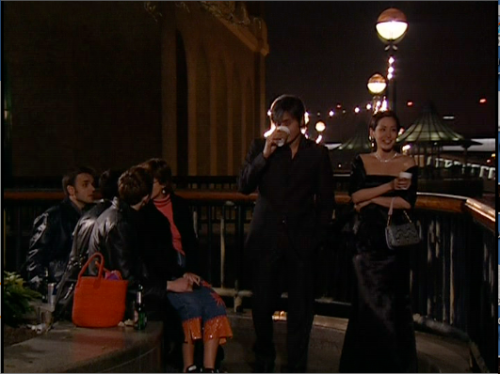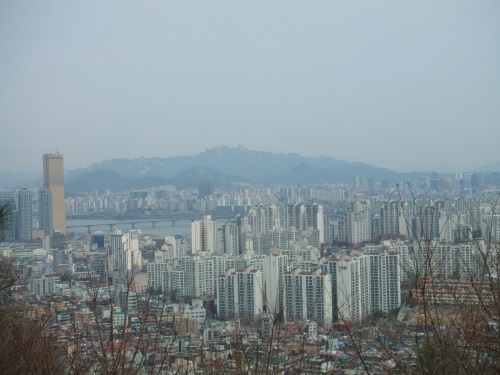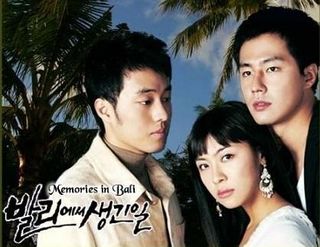In episode 5 DY is working at the Academy of Music helping the musicians get ready for their music exam. It’s an important exam and everyone is nervous. It took me back to taking piano exams and feeling apprehensive especially because I knew I hadn’t really practised enough. From what I remember, after playing the required scales and set pieces I’d practised at home, I’d be given a sight reading test, have to clap out a rhythm the examiner played on the piano, and then sing the notes the examiner played. It was pretty nerve-wracking. One time I froze in the middle of a piece – my mind went blank and it took several goes to finish it. So I felt for the students in their music exam in this episode. This episode was interesting in many ways including how the court music is related to bad omens. But I will write about that next time. For now I want to look at what the court musician students had to do in their music exam.
聽音 청음 (chong-um) listen + sound. Dong Yi, ep. 5
The students gather outside in the courtyard and the first part of the test is revealed on a scroll. The students must listen to a group of musicians playing a piece of music. They have to write down the melody each musician plays.
Music exam listening test part 1, Dong Yi episode 5 MBC
Korean instruments from left
gayageum, (가야금; 伽倻琴) has 12 strings made of silk and each string rests on a moveable bridge carved in the shape of a crane’s foot.
daegeum (대금; 大琴) a bamboo flute. It has six finger holes spread wide apart and has a range of over 2 octaves.
geumungo (거문고; 玄琴) has 6 strings and is plucked with a bamboo stick.
Here is some more information on Korean musical instruments and Korean traditional music. Continue reading













